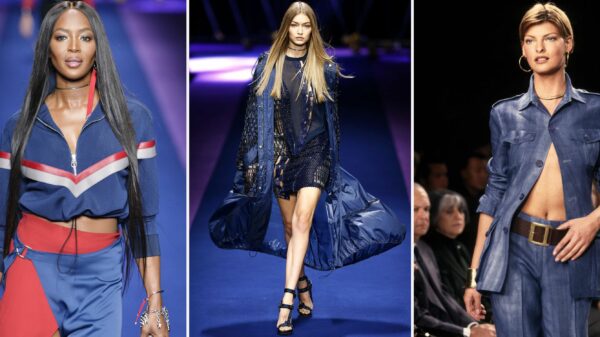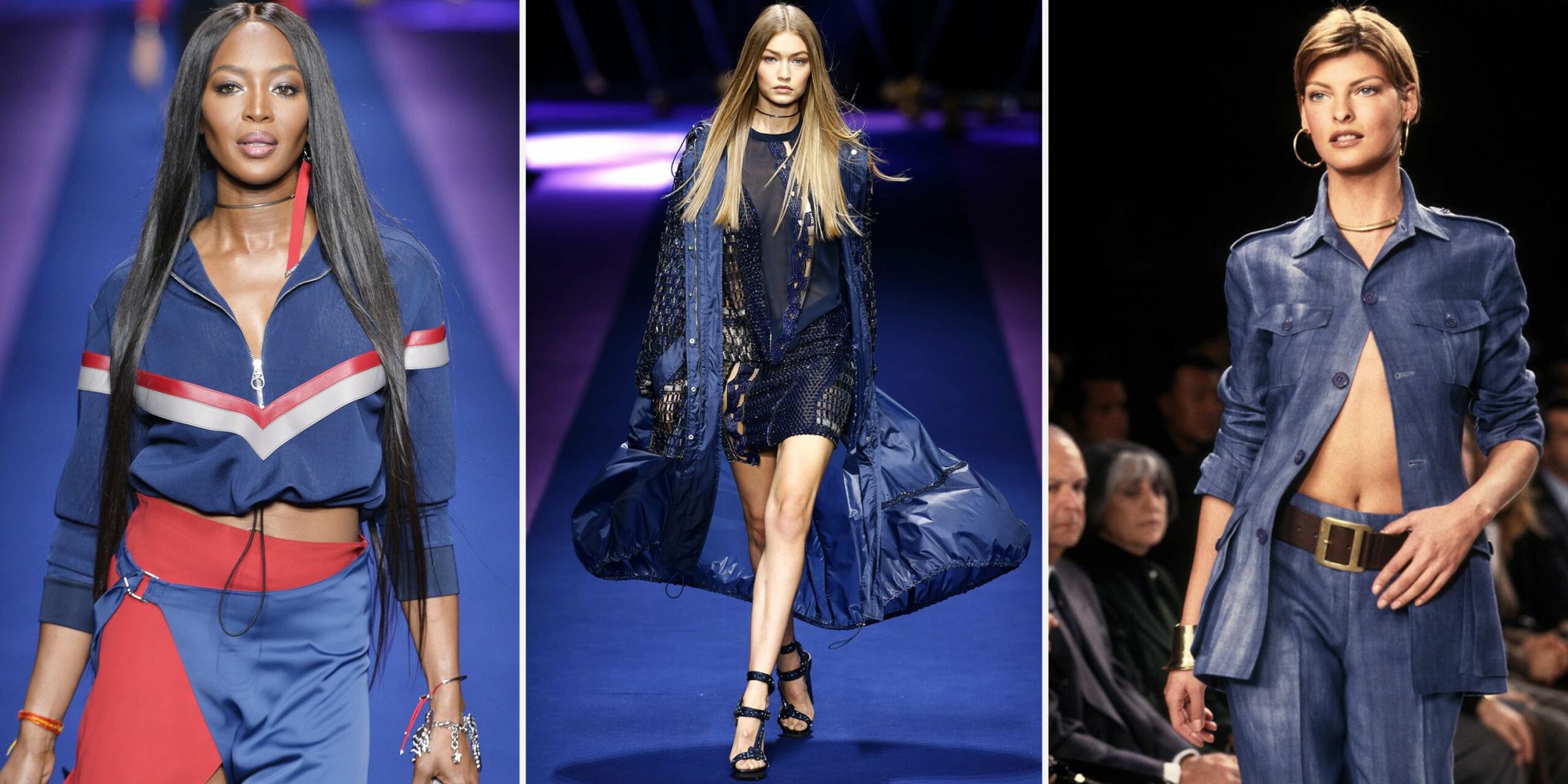The world of fashion modeling has experienced a remarkable evolution over the years, transforming from traditional runway showcases to the realm of social media and digital platforms. This article delves into the journey of fashion modeling, highlighting the shifts, trends, and challenges faced by models in this dynamic industry. From the emergence of supermodels to the rise of social media influencers, we explore how fashion modeling has evolved and adapted to the ever-changing landscape of the fashion world.
I. The Era of Supermodels
In the 1980s and 1990s, the fashion industry witnessed the rise of iconic supermodels such as Cindy Crawford, Naomi Campbell, and Kate Moss. These models became household names, gracing the covers of prestigious magazines, strutting down prestigious runways, and representing luxury brands. The era of supermodels marked a shift in the perception of models as mere mannequins to influential figures with personalities and unique styles. Their star power transcended the fashion industry, making them cultural icons.
II. The Digital Revolution and Its Impact
With the advent of the internet and the rise of social media platforms, the fashion industry underwent a significant transformation. Traditional modeling agencies faced new challenges as models began to cultivate their online presence and engage directly with their audiences.
Social media platforms like Instagram became the new runways, allowing models to showcase their portfolios, interact with fans, and secure collaborations with brands. The accessibility and reach of social media democratized the modeling industry, opening doors for aspiring models who previously faced barriers to entry.
III. The Emergence of Influencer Culture
The rise of social media influencers had a profound impact on the fashion industry. Influencers blurred the lines between models and celebrities, leveraging their online presence to promote brands, establish personal brands, and generate revenue through sponsored content.
Influencer marketing became an integral part of fashion advertising, with brands seeking collaborations with influencers to reach wider audiences and connect with their followers on a more personal level. This shift in the industry gave rise to a new breed of fashion models who were not just admired for their looks but also valued for their ability to influence consumer behavior.
IV. Diversity and Inclusivity
The fashion industry has increasingly embraced diversity and inclusivity, reflecting the evolving social landscape and the demand for representation. Models of different ethnicities, body types, and genders are now being celebrated on runways and campaigns, challenging traditional beauty standards and promoting inclusivity. This shift has not only opened up new opportunities for models but also positively impacted society by fostering acceptance and self-confidence.
Conclusion
Fashion modeling has come a long way since its inception, driven by technological advancements and societal changes. From the era of supermodels to the digital revolution, the industry has witnessed significant shifts in how models are perceived, hired, and engaged. The rise of social media has democratized the industry, allowing aspiring models to showcase their talents and gain recognition without traditional gatekeepers.
The influencer culture has blurred the lines between models and celebrities, transforming the way brands connect with consumers. Moreover, the emphasis on diversity and inclusivity has redefined beauty standards and promoted representation in the fashion world. As the industry continues to evolve, fashion modeling remains an exciting and dynamic profession, where talent, personality, and creativity play crucial roles in shaping the future of the fashion industry.



























You must be logged in to post a comment Login